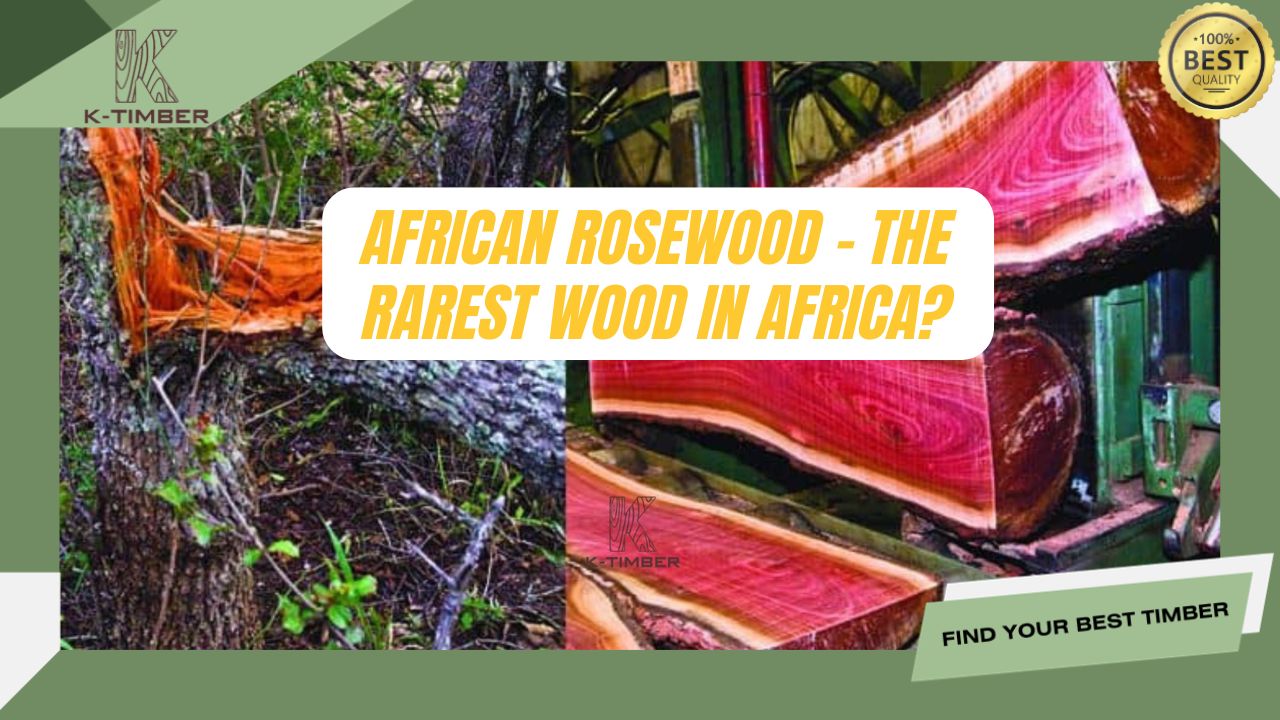Blockboard is a popular engineered wood product that combines durability, affordability, and versatility, making it ideal for various interior and exterior applications. With a solid core made of softwood strips and layers of veneer or plywood, it offers strength while remaining lightweight. From furniture making to cabinetry and wall panels, blockboard is a cost-effective choice that provides excellent moisture resistance, screw-holding capacity, and workability, making it an essential material in the world of woodworking and construction.
Discover the unique features, types, and benefits of blockboard in this comprehensive guide.
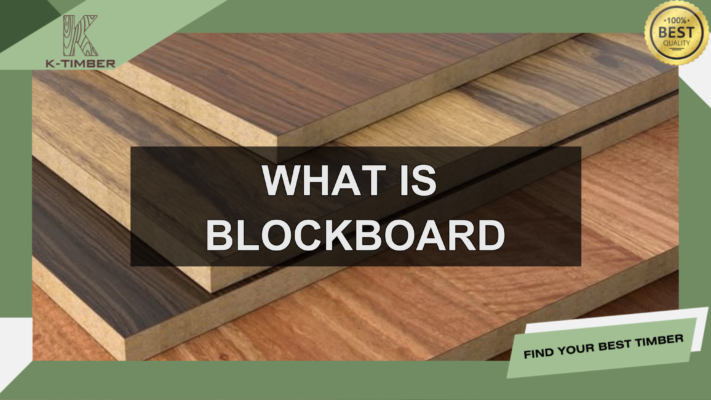
Table of Contents
General Information
Blockboard is an engineered wood product that consists of a core made from strips of softwood (usually pine) sandwiched between two layers of hardwood veneer or plywood. These softwood strips are glued together edge to edge, forming a solid core that is then faced with thin layers of plywood or veneer. Blockboard is commonly used in interior applications like furniture making, cabinetry, and wall panels due to its stability, lightweight nature, and relatively low cost compared to solid wood. It’s a versatile material known for its durability and workability, often seen as a more affordable alternative to plywood or MDF for certain applications.
Features of Blockboard
- Lightweight and strong: One of the key advantages of blockboard is its combination of strength and lightness. The core made of softwood strips makes it lighter than plywood or MDF, which are made from dense wood fibers. This makes blockboard easier to transport, handle, and work with, especially for large furniture pieces like wardrobes or long shelves. Despite its lightness, blockboard remains sturdy and is well-suited for constructing long, straight furniture components without bending.
- High screw-holding capacity: Blockboard has a solid core of wood strips, giving it excellent screw-holding strength compared to particleboard or MDF. This feature makes blockboard ideal for applications that require screws or nails to be driven into the material, such as cabinetry, shelves, and beds.
- Resistant to warping and cracking: Due to the structure of the softwood core, blockboard is resistant to warping, bending, and cracking over time, even in environments with fluctuating temperatures and humidity. This stability makes it preferable for interior applications where a flat, stable surface is needed, such as tables or wall panels.
- Smooth and ready-to-finish surface: Blockboard is typically finished with a layer of veneer or plywood, providing a smooth surface that can easily be painted, laminated, or polished. This ensures that blockboard not only performs well but also looks aesthetically pleasing when finished.
- Affordable: Blockboard is generally more affordable than plywood or solid wood, making it an economical choice for many building and furniture projects. Its cost-effectiveness does not sacrifice its quality or performance, which is why it is often used in budget-conscious constructions.
Types of Blockboard
- Softwood blockboard: These blockboards are constructed from solid softwood. Strips of wood are bonded together and then placed between layers of hardwood veneers, creating a sturdy board
- Hardwood blockboard: The key distinction between hardwood and softwood blockboards lies in the raw material. Hardwood blockboards use hardwood, making the final product stronger, heavier, and more expensive than other types.
- Interior grade blockboard (Moisture-resistant blockboard): Interior blockboards are primarily used for crafting indoor wooden items such as furniture. They are known for their excellent moisture resistance, making them ideal for objects frequently exposed to water.
- Exterior grade blockboard (Waterproof blockboard): This type of blockboard is designed to be water-resistant and is perfect for crafting outdoor wood items, flooring, and applications where the object is in direct and constant contact with water. It offers excellent resistance to moisture, heat, and a variety of other environmental conditions
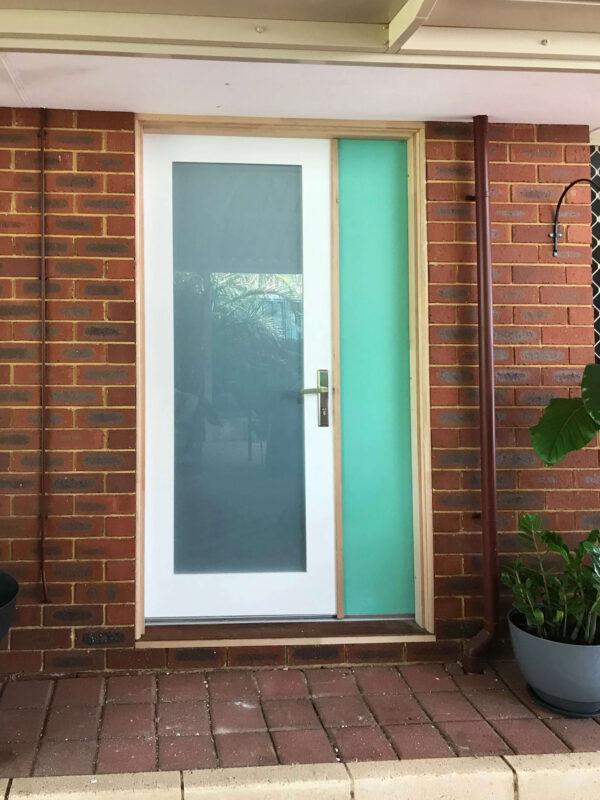
Advantages and Disadvantages of Blockboard
Advantages
Blockboards are the lightest among engineered wood options, making them easy and cost-effective to transport. Their lightweight nature makes them a popular choice in interior design.
- They are easy to handle and process due to the solid wood strips in their core, making them convenient for on-site construction.
- Blockboards are more durable and long-lasting compared to other engineered wood, offering moisture resistance even in humid environments.
- They have excellent screw-holding capacity, outperforming particleboard and MDF in this regard.
- Blockboards are one of the most eco-friendly engineered woods, providing the look and feel of real wood while using minimal glue, making them cost-effective.
- They feature a smooth surface, uniform color, and attractive wood grain veneers.
- They are less expensive than plywood, which helps reduce interior design costs.
Disadvantages
- Despite being strong, blockboards are not as robust or durable as plywood.
- Small gaps that form inside the core during manufacturing can make them difficult to work with and may affect the furniture’s lifespan.
- Carpenters face challenges working with blockboards due to the gaps, which can compromise stability.
- The boards may shrink or swell when exposed to certain conditions over time.
- Care must be taken when screwing or nailing, as gaps in the core can lead to breakage.
- Blockboards have relatively low load-bearing and bending strength.
Uses of Blockboard
- Furniture: Blockboard is widely used in the manufacturing of furniture such as wardrobes, desks, bookshelves, and tables. The material is preferred for its lightness, strength, and workability. Because it holds screws well, it’s often used in large furniture pieces that need to withstand weight without warping over time.
- Doors and Partition Walls: Blockboard’s excellent resistance to warping and its lightweight properties make it an ideal material for interior doors and partition walls. It provides stability and rigidity while being easy to install and move around when necessary.
- Cabinetry and Shelving: Blockboard’s strength and screw-holding capacity make it perfect for kitchen cabinets, built-in shelving, and storage units. Its surface can be easily finished with laminates or veneers to achieve the desired aesthetic.
- Ceilings and Wall Panels: Blockboard is also used in architectural applications such as ceilings and wall panels. Its smooth surface makes it easy to paint or laminate, providing a sleek, modern look for interior spaces. In ceiling applications, its light weight ensures it can be easily installed without the risk of sagging.
- Flooring: While not as common as other wood types for flooring, blockboard can be used for specific types of flooring projects, especially in areas where a lightweight but stable wood product is needed.
Blockboards are not only functional but can also serve decorative purposes. Veneers are often applied on both sides to craft elegant furniture, panels, partitions, and other items that enhance the style of any interior space.
Find more: Blockboard vs Plywood: Which to Choose?
Conclusion
Blockboard is a versatile and cost-effective material with a wide range of uses in interior design, furniture, and construction. It combines the strength of solid wood with the lightness of engineered wood, making it suitable for projects where durability, affordability, and ease of use are important. With its resistance to warping, screw-holding capacity, and customizable surface finish, blockboard remains a popular choice in many industries.


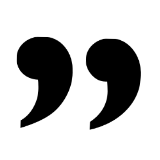
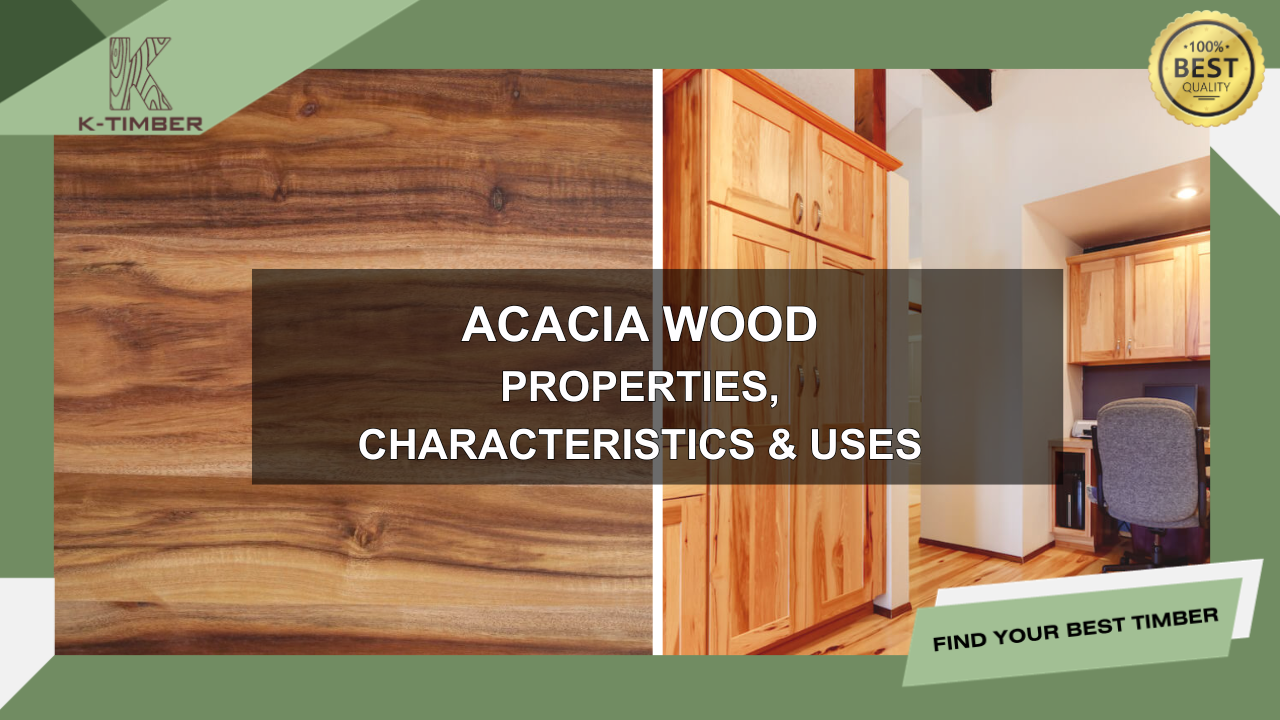
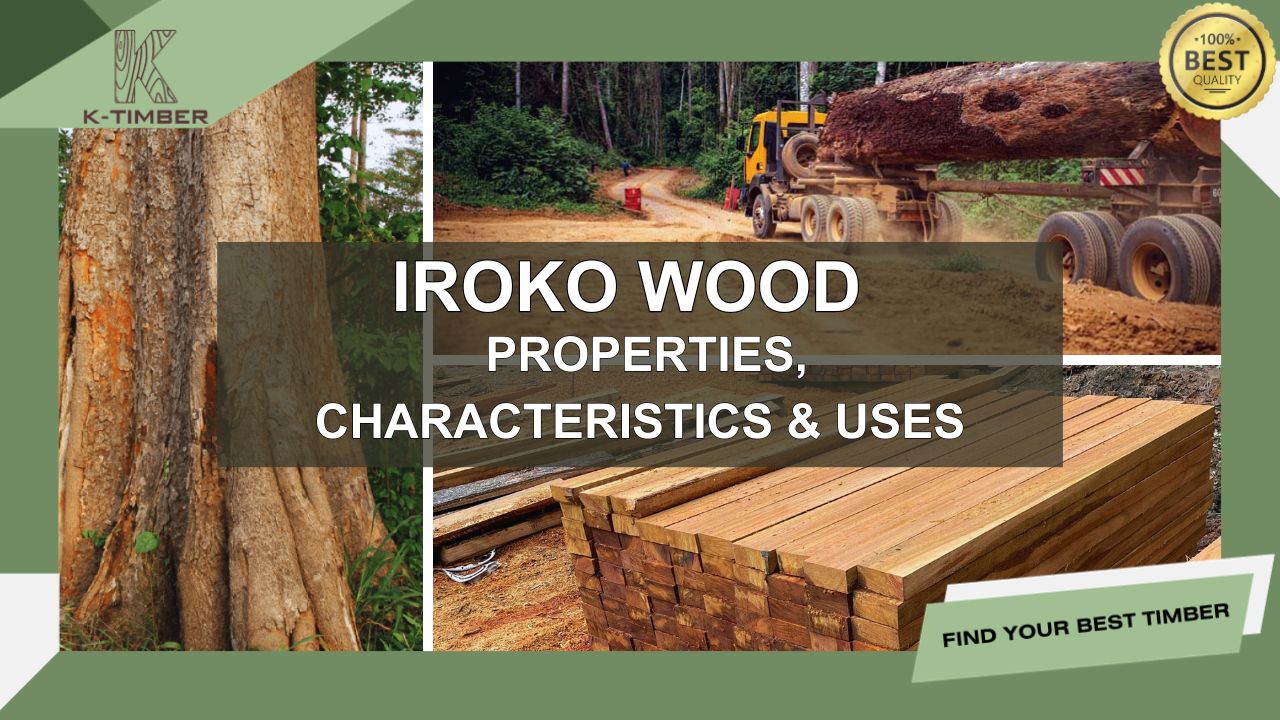
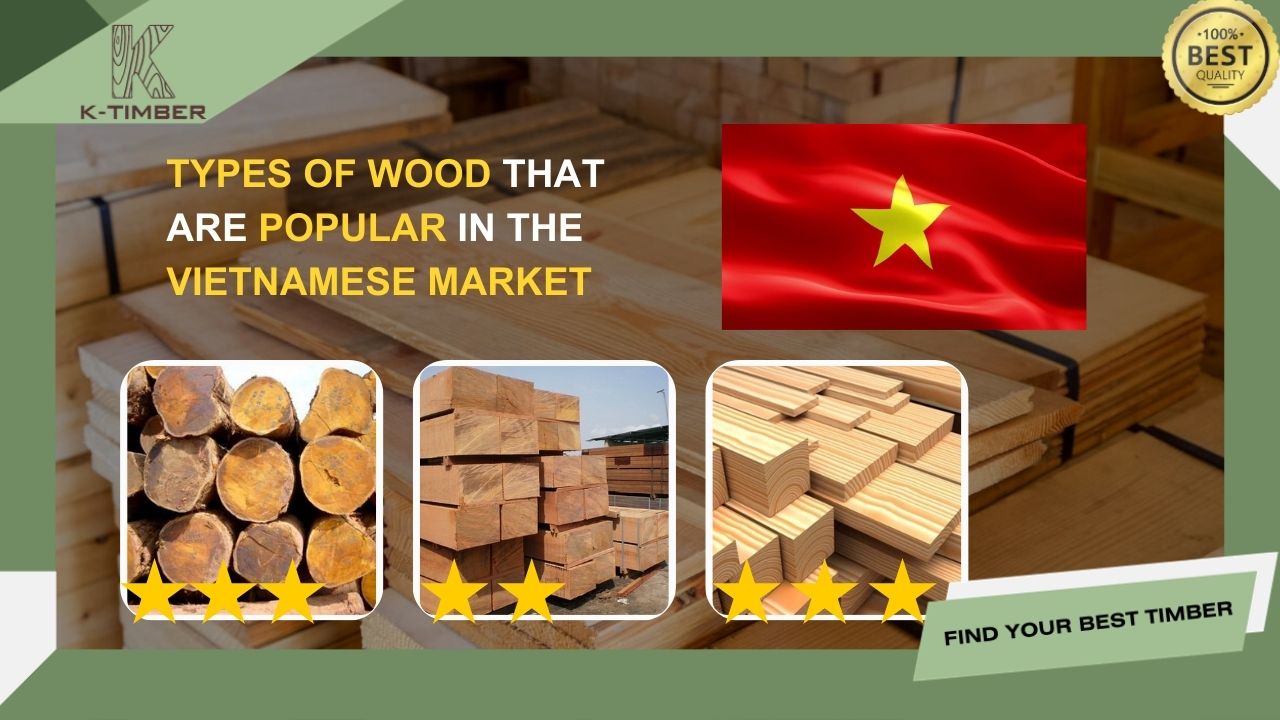
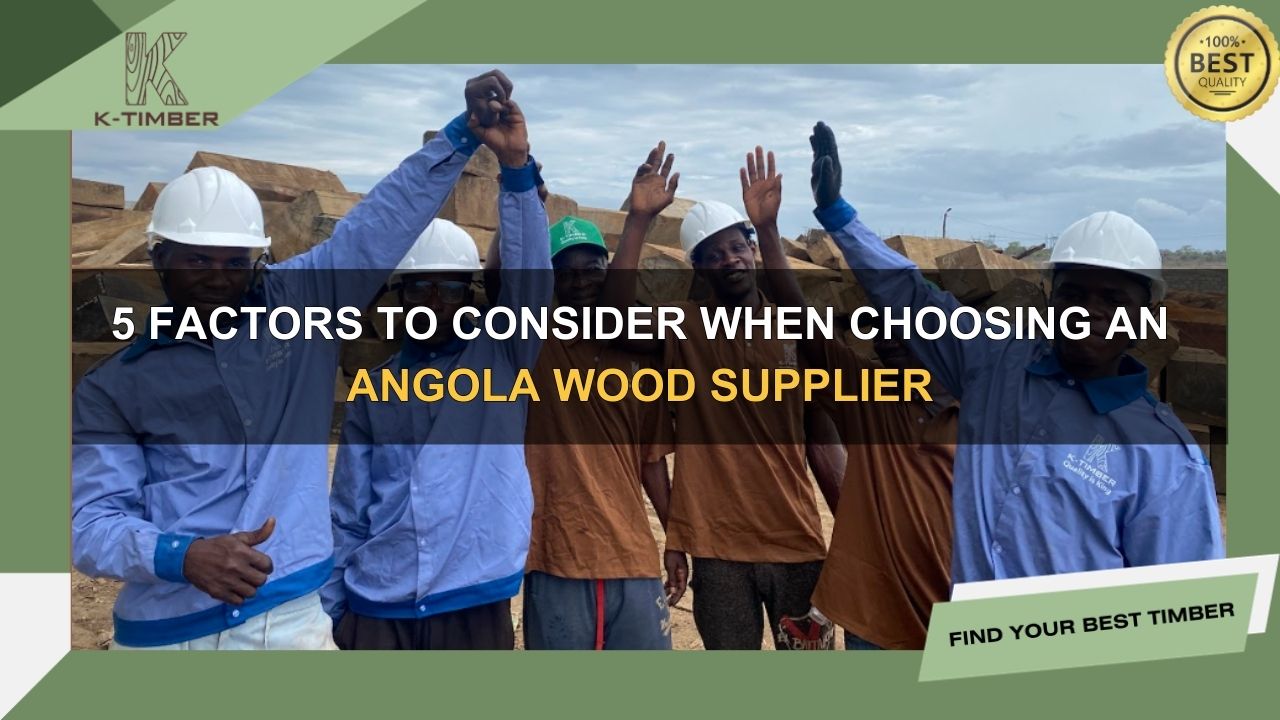
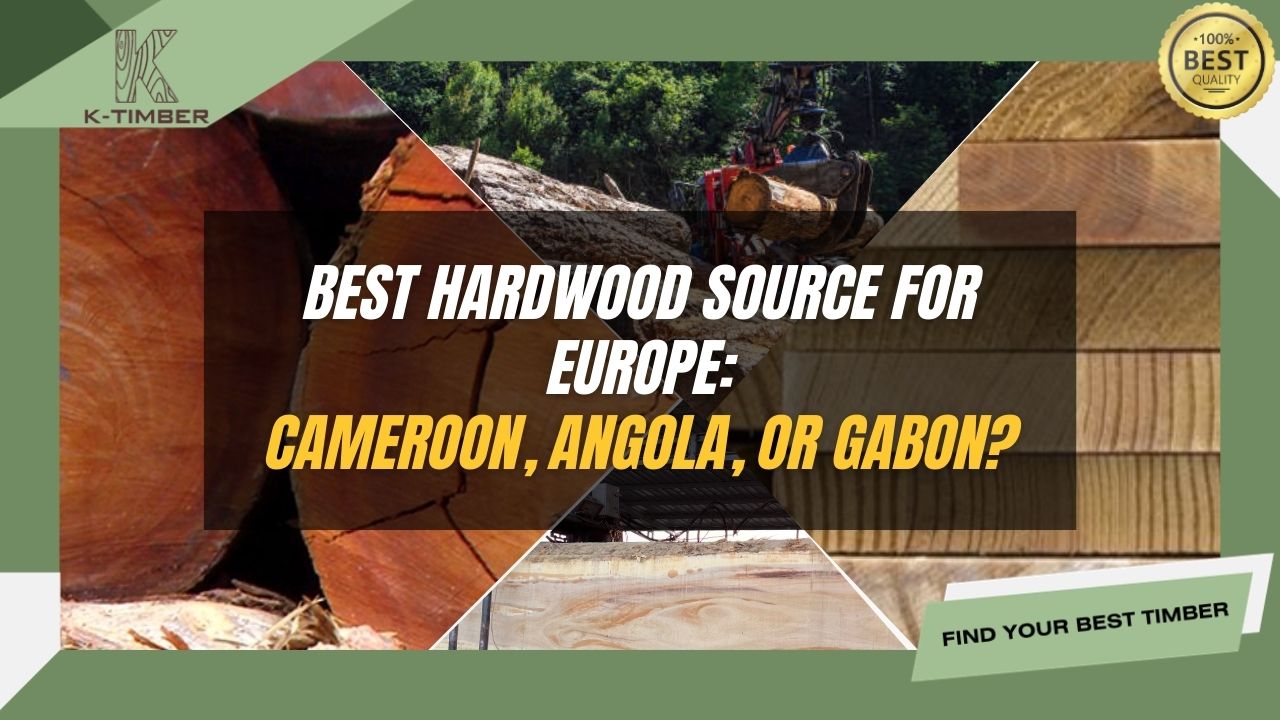
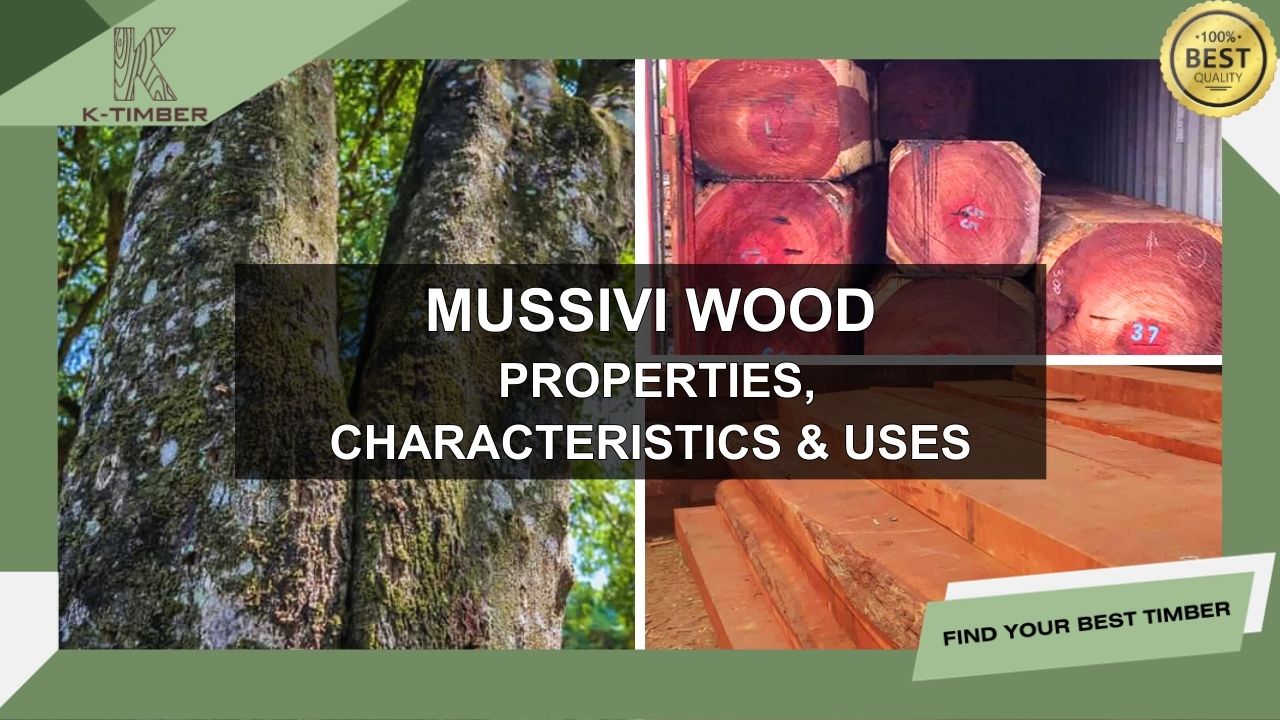
![[K-Timber] Blog Post Boder](https://k-timbers.com/wp-content/uploads/2024/07/K-Timber-Blog-Post-Boder-4.jpg)
